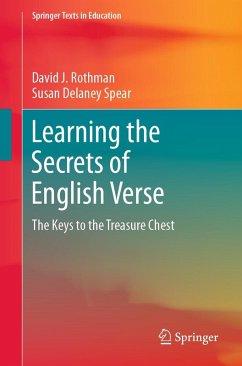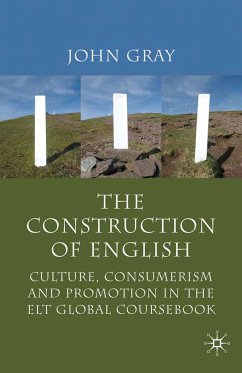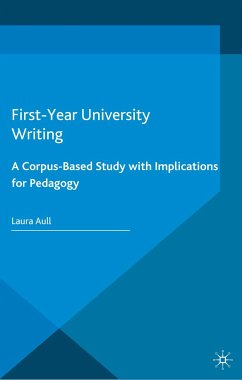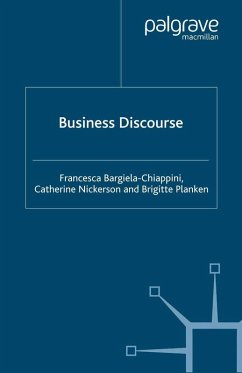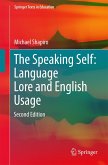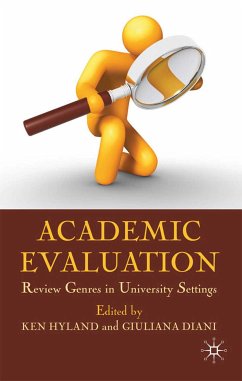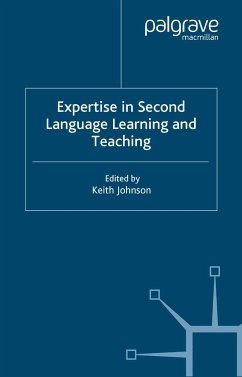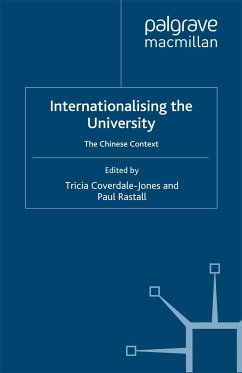In Part 1, Rothman and Spear begin at the beginning, with Anglo-Saxon Strong Stress Alliterative Meter and examine every major meter in English, up to and including the free verse forms of modern and contemporary poetry. Part 2 presents a close examination of stanza forms that moves from the simple to the complex, beginning with couplets and ending with the 14-line Eugene Onegin stanza. The goal of the book is to give students the essential skills to understand how any line of poetry in English may have been composed, the better to enjoy them and then also write their own: the keys to the treasure chest.
Rothman and Spear present a rigorous curriculum that teaches the craft of poetry through a systematic examination and practice of the major English meters and verse forms. Under their guidance, students hone their craft while studying the rich traditions and innovations of poets writing in English. Suitable for high school students and beyond. I studied with Rothman in graduate school and went through this course with additional scholarly material. This book will help students develop a keen ear for the music of the English language.-Teow Lim Goh, author of Islanders
Dieser Download kann aus rechtlichen Gründen nur mit Rechnungsadresse in A, B, BG, CY, CZ, D, DK, EW, E, FIN, F, GR, HR, H, IRL, I, LT, L, LR, M, NL, PL, P, R, S, SLO, SK ausgeliefert werden.

